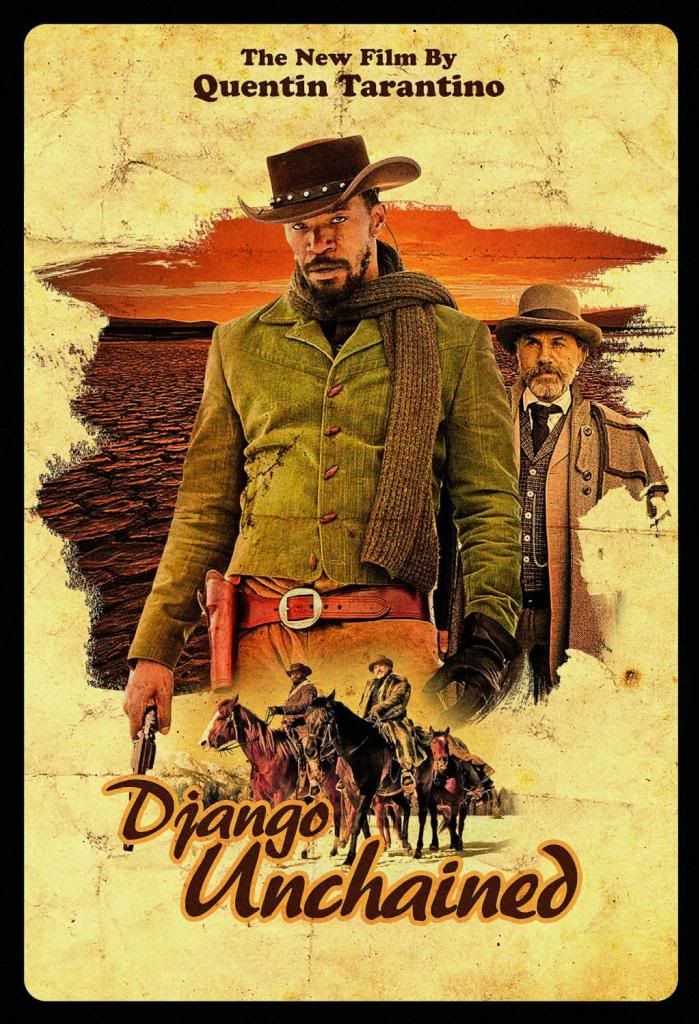Review of Django Unchained
this entry brought to you by modest mouse, "bukowski"
with love from CRS @ 5:37 PM

